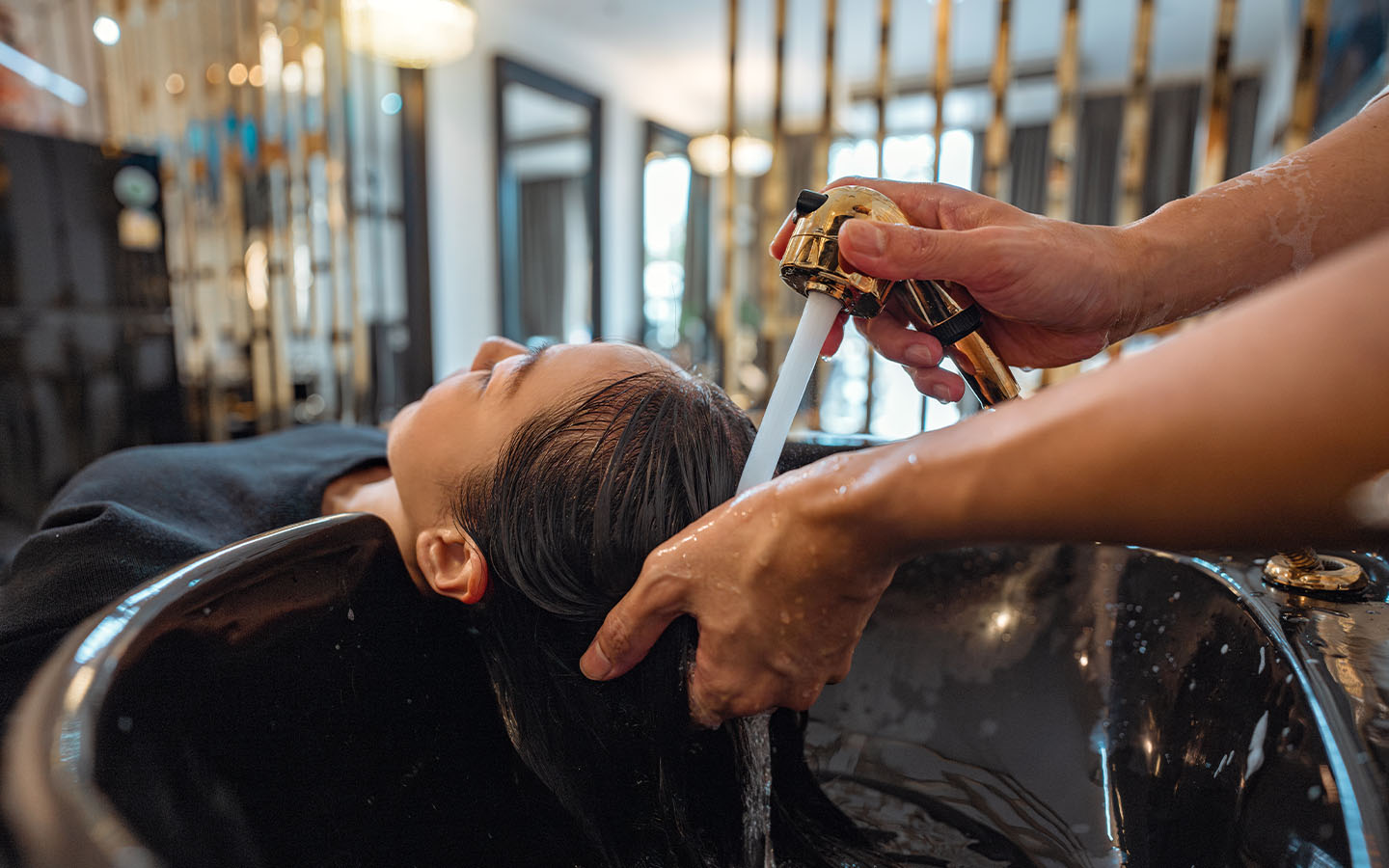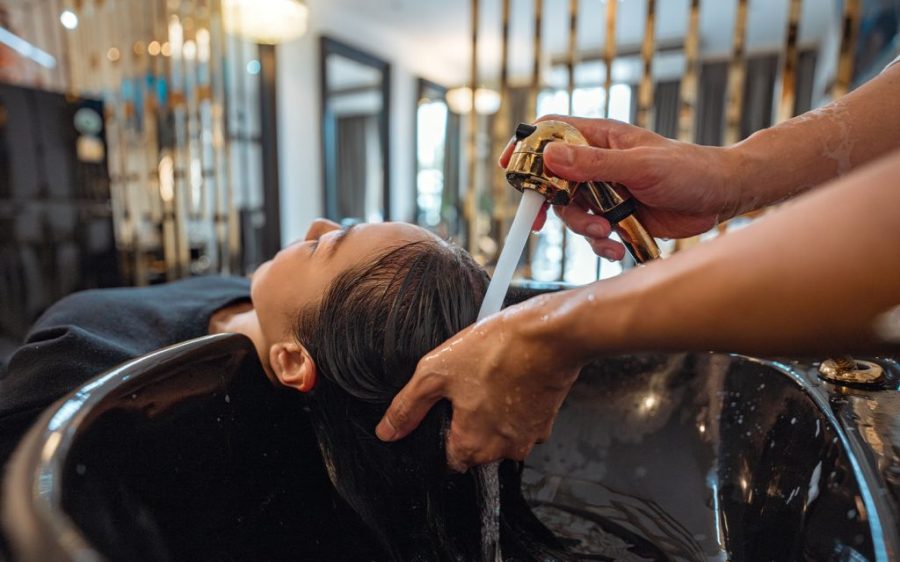Having your hair washed or getting a scalp massage at the salon may feel like a harmless indulgence. But the hyperextension that occurs when tilting your head back into a salon shampoo bowl can, in rare cases, compress or tear the vertebral arteries in the neck that supply blood to the brain, researchers say.
Known as beauty parlour stroke syndrome (BPSS), symptoms typically appear during or within several days of hyperextension, and range from mild to deadly. A new review, published in the American Journal of Emergency Medicine – and reported by People – looked at 22 studies documenting 54 cases across nearly five decades to better understand the diagnostic challenges, therapeutic interventions and implications for emergency care.
As a neurological urgency – a medical condition requiring urgent, but not emergency, care – BPSS stands out, both for its unique aetiology and the commonplace nature of its trigger. Even at every eight weeks, the most infrequent haircut schedule recommended by professionals, that amounts to at least six salon visits a year.
[See more: Covid could have aged your arteries by five years]
Salons are not the only place where neck hyperextension can occur, although they were the most common in the review, accounting for 42 of 54 cases, followed by dental visits (8) and other settings (4), with almost 80 percent of cases involving women and girls aged between 13 and 85 years old. The most common aetiologies, or causes underlying BPSS, were compression or rupture of the artery. Contributing factors include conditions like hardened arteries (atherosclerosis) or underdevelopment or incomplete development (hypoplasia) of the vertebral artery.
Symptoms varied widely. Dizziness, equilibrium disturbances and headache are the most common, but patients also experience blurred vision, nausea or vomiting, slurred speech, sudden paralysis, weakness on one side and more. Treatment is tailored to the underlying cause, ranging from conservative measures to surgical interventions.
To reduce risk, doctors recommend using towels to prop up the head so it’s tilted no more than 20 degrees, or to wash the hair facedown. Industry groups like the Pro Beauty Association in Arizona offer similar advice to stylists, according to Fox News, suggesting rolled towels or cushions for support and allowing clients to sit more upright during washes. Clients can also request such accommodations and are urged to speak up immediately if they are uncomfortable or experience symptoms like neck strain or dizziness during their visit.






